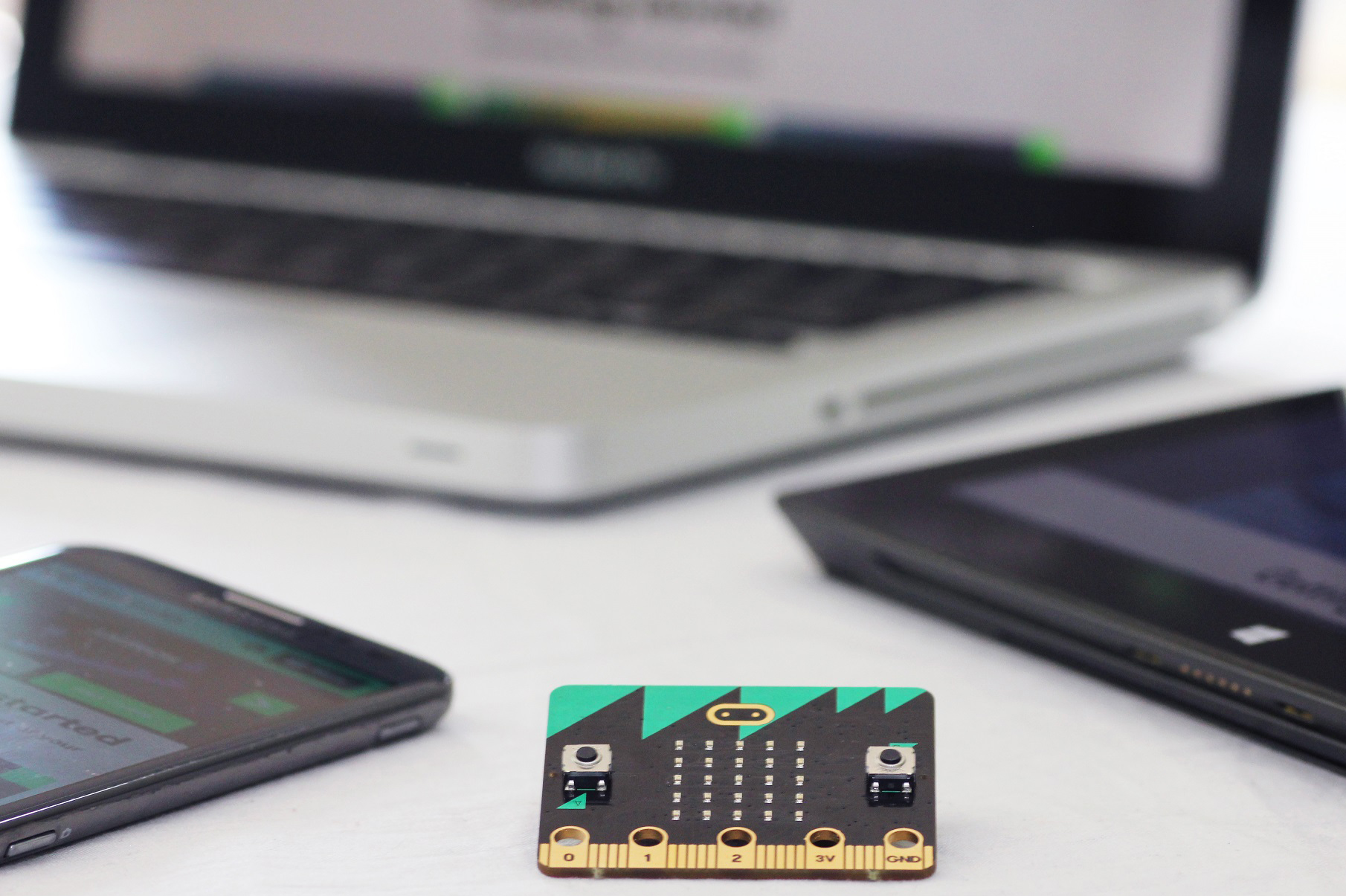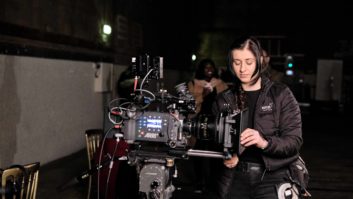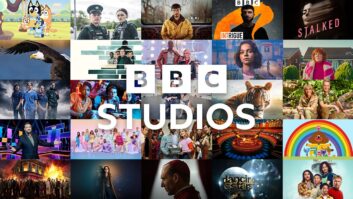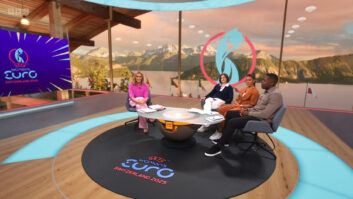
Working with a number of partners, the BBC has unveiled the BBC micro:bit a pocket-sized, codeable computer for children. Up to one million devices will be given to every 11 or 12 year-old child in year seven or equivalent across the UK, for free. The BBC is aiming to address the skills shortage in the technology sector in the UK.
In the 1980s, the BBC Micro introduced many children to computing for the first time. Part of the BBC’s 2015 Make it Digital initiative, the BBC micro:bit builds on the legacy of the Micro for the digital age, and aims to inspire young people to get creative with digital; develop core skills in science, technology and engineering; and unleash a new generation of digital makers, inventors and pioneers.
Tony Hall, director-general of the BBC said: “Channelling the spirit of the Micro for the digital age, the BBC micro:bit will inspire a new generation in a defining moment for digital creativity here in the UK. All you need is your curiosity, creativity and imagination we’ll provide the tools. This has the power to be transformative for the UK. The BBC is one of the few organisations in the world that could convene something on this scale, with such an unprecedented partnership at its core.”
The BBC micro:bit is a pocket-sized computer that children can code, customise and control. Measuring 4cmx5cm, it will be available in a range of colours, and is designed to be fun and easy to use. Something simple can be coded in seconds, like lighting up its LEDs or displaying a pattern with no prior knowledge of computing.
The micro:bit can also be used as a games controller, or to pause or skip songs on a playlist. An on-board motion detector or ‘accelerometer’ can detect movement and ‘tell’ other devices when the user is on the go. Bluetooth Smart Technology allows the micro:bit to connect to the internet, to other micro:bits, devices, kits, phones, tablets, cameras and everyday objects. Five input and output rings can connect the micro:bit to devices or sensors, allowing it to send commands to and from the rings, to power devices like robots and motors.
Each element of the BBC micro:bit is completely programmable via easy-to-use software on a dedicated website, available later in the summer at microbit.co.uk.
Sinead Rocks, head of BBC Learning, said: “We happily give children paint brushes when they’re young, with no experience – it should be exactly the same with technology. The BBC micro:bit is all about young people learning to express themselves digitally, and it¹s their device to own. It’s our most ambitious education initiative for 30 years. And as the micro:bit is able to connect to everything from mobile phones to plant pots and Raspberry Pis, this could be for the internet-of-things what the BBC Micro was to the British gaming industry.”
The micro:bit was first conceived by BBC Learning in 2012, and initially developed together with the BBC’s R&D department. The initiative has been made possible by collaboration between 29 international organisations, start-ups and education organisations, including Barclays, Microsoft, Samsung, Cisco and The Wellcome Trust.
The BBC and partners will be working with teachers, educators and schools over the summer to ensure that resources, information and support are available in advance of micro:bit distribution this autumn.







